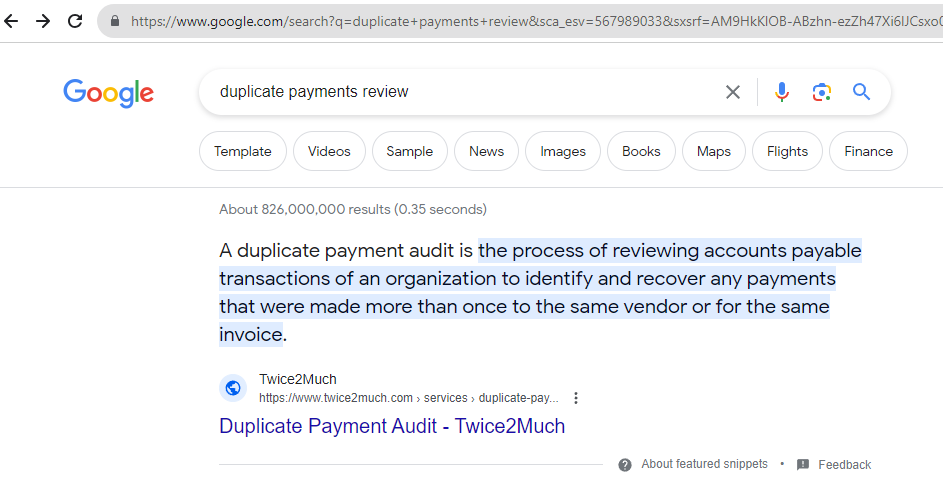Market whales, often large institutional investors or high-net-worth individuals, have several advantages that allow them access to insights not easily available to average retail traders. First, they often have access to more sophisticated research and analysis tools, giving them a deeper understanding of market trends. Their teams of experienced analysts and economists can interpret economic data, assess geopolitical risks, and evaluate financial reports more comprehensively.
Additionally, whales can access privileged information through networking and relationships with influential market players and firm insiders, although they’re bound by regulations to not trade on non-public material information. Nevertheless, the interpretation of publicly available information in more nuanced ways could give them a competitive edge.
Moreover, they often have the scale and resources to influence the market. By executing large trades, they can move the market in a specific direction or set trends that smaller investors might follow, often creating a self-fulfilling prophecy.
Finally, whales can also leverage technology, such as algorithmic and high-frequency trading, to capitalize on market inefficiencies. Such technology requires significant investment, making it mostly accessible to deep-pocketed players.
In summary, market whales’ advantages come from their access to advanced resources, professional expertise, extensive networks, the ability to influence market movements, and the utilization of sophisticated technology, all of which provide them deeper market insights that aren’t easily accessible to the average trader.

No responses yet